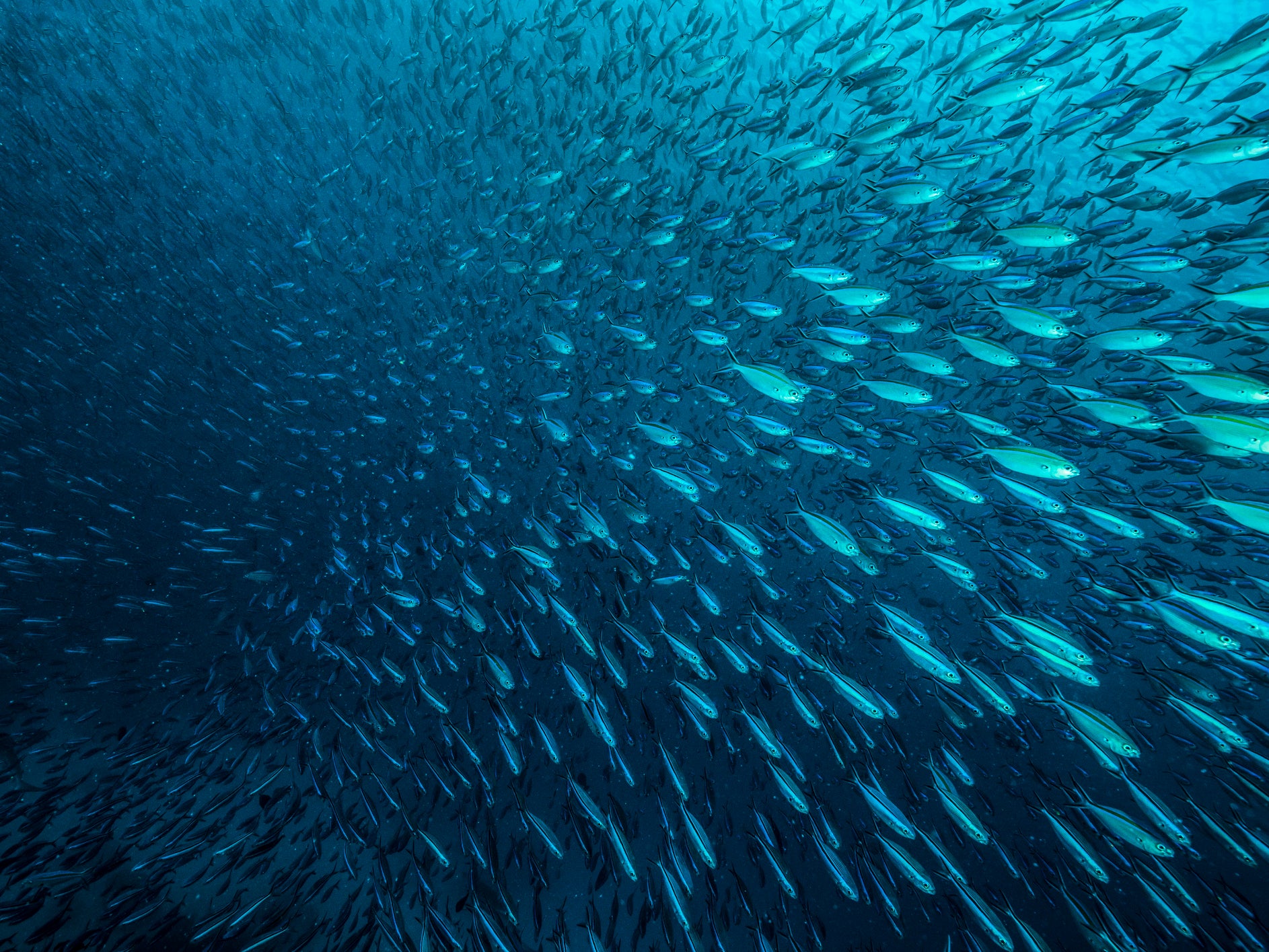Deep-sea fish seasonal migration discovered for first time
Movement of fish across sea bed ‘potentially mirrors great migrations of Africa’, say researchers

Your support helps us to tell the story
From reproductive rights to climate change to Big Tech, The Independent is on the ground when the story is developing. Whether it's investigating the financials of Elon Musk's pro-Trump PAC or producing our latest documentary, 'The A Word', which shines a light on the American women fighting for reproductive rights, we know how important it is to parse out the facts from the messaging.
At such a critical moment in US history, we need reporters on the ground. Your donation allows us to keep sending journalists to speak to both sides of the story.
The Independent is trusted by Americans across the entire political spectrum. And unlike many other quality news outlets, we choose not to lock Americans out of our reporting and analysis with paywalls. We believe quality journalism should be available to everyone, paid for by those who can afford it.
Your support makes all the difference.Something fishy is going on.
Thousands of feet deep down in the oceans off the coast of Angola in southern Africa, scientists have recorded mass movements of various fish species across the sea bed.
Using cameras at observatory platforms, they believe they have recorded the seasonal migrations of deep-sea fish for what is said to be the first time.
The scientists said the work reveals an “important insight that will further scientific understanding of the nature of our planet”.
The study has analysed more than seven years of African deep-sea photographic data, linking seasonal patterns in surface-ocean productivity with observed behavioural patterns of fish at depths of 1,500m.
The deep sea – areas with a greater depth than 200m – covers most of the world’s surface, however much remains unknown, with current assumptions being that deep-sea habitats are predominantly stable and unchanging.
This study now provides evidence of cycles of movement across the sea floor in deep-sea fish, with the study’s authors believing these movements are happening in other locations across the world’s sea floor.
Lead author Rosanna Milligan, assistant professor at Nova Southeastern University, who started the work at the University of Glasgow, said: “We are extremely excited about our findings. They demonstrate a previously unobserved level of dynamism in the deep sea, potentially mirroring the great migrations of Africa which are so well characterised in animal systems on land.
“The work greatly enhances our understanding of how animals move across the deep sea, and the varying abundance of fish we observed from our sea floor observatories, compared to our previous satellite-derived estimates, as well as the patterns, point to the fact that what we’re seeing must be explained by fish behaviour.”
Dr David Bailey, senior lecturer in marine biology at the University of Glasgow’s Institute of Biodiversity, Animal Health and Comparative Medicine, said: “Animal migrations are really important in nature because when animals move from place to place they transport energy, carbon and nutrients.
“If these animals are impacted in one part of their range, this effect is spread by the migration and they don’t arrive where they should be later.”
The study, “Evidence for seasonal cycles in deep-sea fish abundances: a great migration in the deep SE Atlantic?”, is published in the Journal of Animal Ecology.
Join our commenting forum
Join thought-provoking conversations, follow other Independent readers and see their replies
Comments